Implications of CBN’s latest devaluation & FX unification
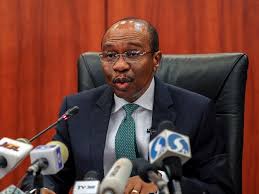
The CBN devalued the naira by 5% at the end of last week, adjusting the official exchange rate to N380/$1 in a major move aimed at unifying the multiple exchange rate windows.
Whilst no official confirmation was issued by the apex bank, its website displayed the buying rate of N379/$1 and selling rate of N380/$1. Nigeria is clearly in a new exchange rate territory.
This move portends significant implications for Nigeria’s public and private sectors. Since March when the CBN last depreciated from N307/$1 to N360/$1, there have been calls for further depreciation to at least close the gap between the official CBN rate and the more market-friendly NAFEX exchange rate. The NAFEX rate has traded between N385-390 in recent weeks.
Government Finances
For the federal government, devaluing the naira solves two major issues:
Firstly, it increases the amount available to share from the Federal Allocation (FAAC) between the FG and States.
Oil proceeds, which is a major source of revenue sharing for the government is deposited at the CBN and then converted to naira using the official exchange rate of N360/$1. The CBN’s latest devaluation suggests more money for the government as the conversion rate is now N379/$1.
Government taxes that are priced in forex but converted to naira also stand to gain a major earnings boost.
Custom duties, petroleum profit taxes, and other charges will now be converted at an exchange rate of N379/$1 or whatever new rate the CBN chooses, assuming it will work within the NAFEX band.
A second issue it solves is the condition precedent towards obtaining a $3 billion world bank loan. The government applied for a world bank loan as part of its N2.3 trillion stimulus expected to be injected into the economy.
It is understood that a unification of the exchange rate is critical to the disbursement of the loan.
Whilst these are positives, the government will record cost escalations for some if not all of its capital projects and expenditure. From vehicle purchases to furniture and fittings we should expect a spike except the contracts are fixed-priced.
Private Sector
The impact of the latest devaluation will also be significant for the private sector.
While the private sector has recorded its own devaluation via the NAFEX and more recently the SMIS window, the impact of the CBN’s latest move will still be felt.
Most private pubic partnership projects, contracts are priced using the CBN official exchange rate. The price will now change to N379/$1 at the least.
The latest move could also lead to a reopening of forex sale to BDC’s which the CBN suspended in March as the Covid-19 pandemic ensued.
NAFEX versus Official Rate
It is not clear how the latest round of devaluation affects the NAFEX rate and other separate rates currently in use by the CBN. Whilst the disparity has been closed somewhat, we still do not know if these windows will be retained or if we will just have two major exchange rate windows, the BDC and the NAFEX.
Most critics of the CBN’s forex policy prefer a uniform exchange rate that is floating or under a managed float system. The difference is that the CBN intervenes occasionally to ensure the exchange rate trades within its preferred band. It does this even if it means burning through its thin reserves.
We expect a string of circulars in the coming days which will perhaps douse some of the confusion providing needed clarity to the exchange rate situation.
Nairametrics


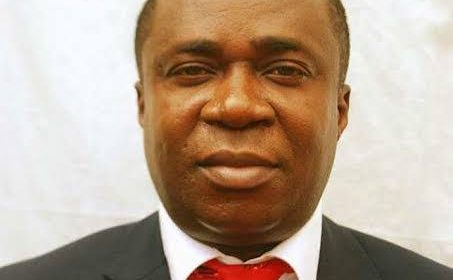
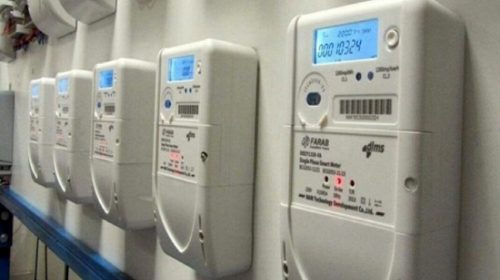
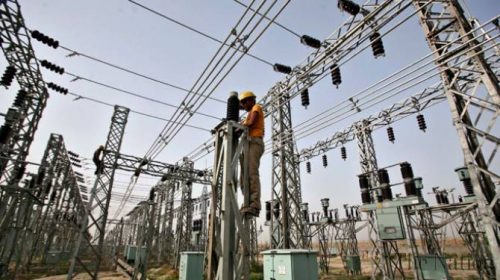
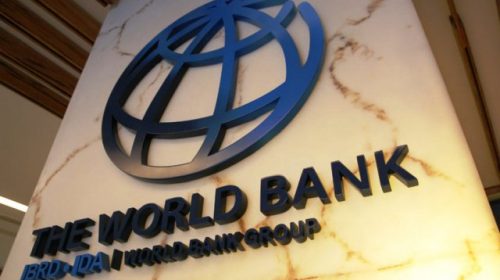

Leave a Reply